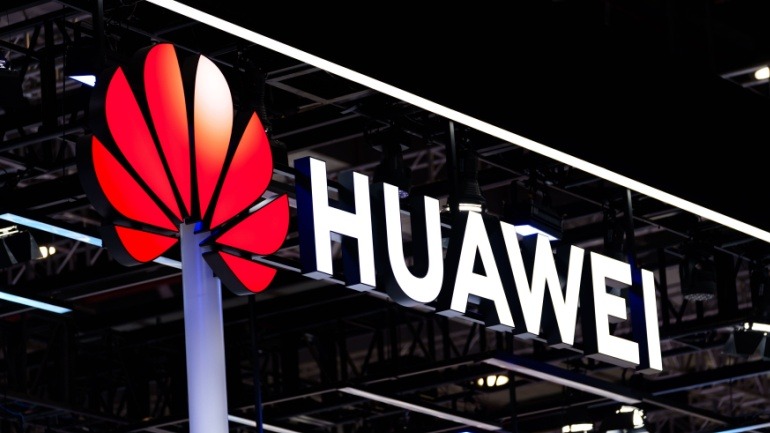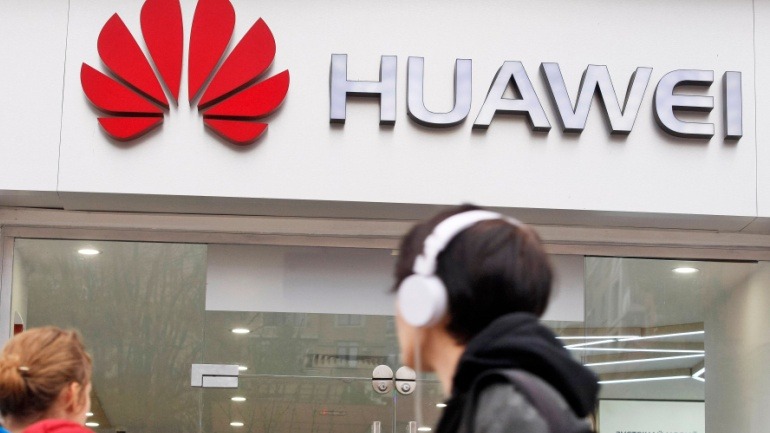The Semiconductor Industry Association (SIA) alleges covert involvement by Huawei in efforts to establish chip plants that could skirt US export controls. A presentation by the SIA to its members, revealing this information, found its way into Bloomberg’s possession.
Following trade restrictions, Huawei has predominantly turned to Chinese suppliers for its smartphone chips and other related gear. However, local product offerings struggle to compete with performance delivered by manufacturers such as the Taiwan Semiconductor Manufacturing Company (TSMC) or Samsung, placing Huawei on an uneven playing field.
Meanwhile, China has put significant resources into reducing dependence on foreign imports and technologically advancing. Reports in December last year claim a staggering CNY1 trillion ($143bln) over five years was designated to bolster domestic chip production. This includes subsidies for the construction of new plants and the renovation of existing ones.
This week, the SIA reported that Huawei has received a total of $30 billion from the central government and Shenzhen administration for chip production. Huawei has reportedly acquired two plants and is building a third.
The SIA suggests these acquisitions were facilitated through an affiliate network. The association believes Huawei’s concealed involvement will enable its partners to import currently sanctioned components on its behalf.
Bloomberg reports that the US Commerce Department’s Bureau of Industry and Security (BIS) is closely observing the situation. If necessary, the BIS stands ready to intervene. Historically, the US has adopted a strong stance against sanction violators. In 2017, ZTE was fined $1.2 billion for violating sanctions by supplying US-made technology to Iran through shell companies. The breach also earned ZTE five years of compliance monitoring.
However, US-China relations have worsened dramatically since then. It remains uncertain what punitive action might be taken should Huawei’s alleged actions prove true and how effective such measures might be.
In addition, recent tensions between Washington and Beijing do not seem to be easing. Earlier this month, the Biden administration issued an executive order prohibiting US investments in several Chinese industries, citing national security concerns. The order restricts private equity firms and venture capitalists from investing in companies involved in quantum computing and advanced semiconductors. Furthermore, US companies and individuals are required to report any direct investments in Chinese AI companies or other chip manufacturers to the US authorities.
The Chinese embassy in Washington, as reported by the Wall Street Journal, expressed opposition to “the US’s overuse of national security to politicise and weaponise trade, scientific and technological issues…” However, if Huawei is truly undertaking illicit acquisition of US tech via its network, it would provide the US with a justified reason to uphold recent crackdowns and implement future measures.







